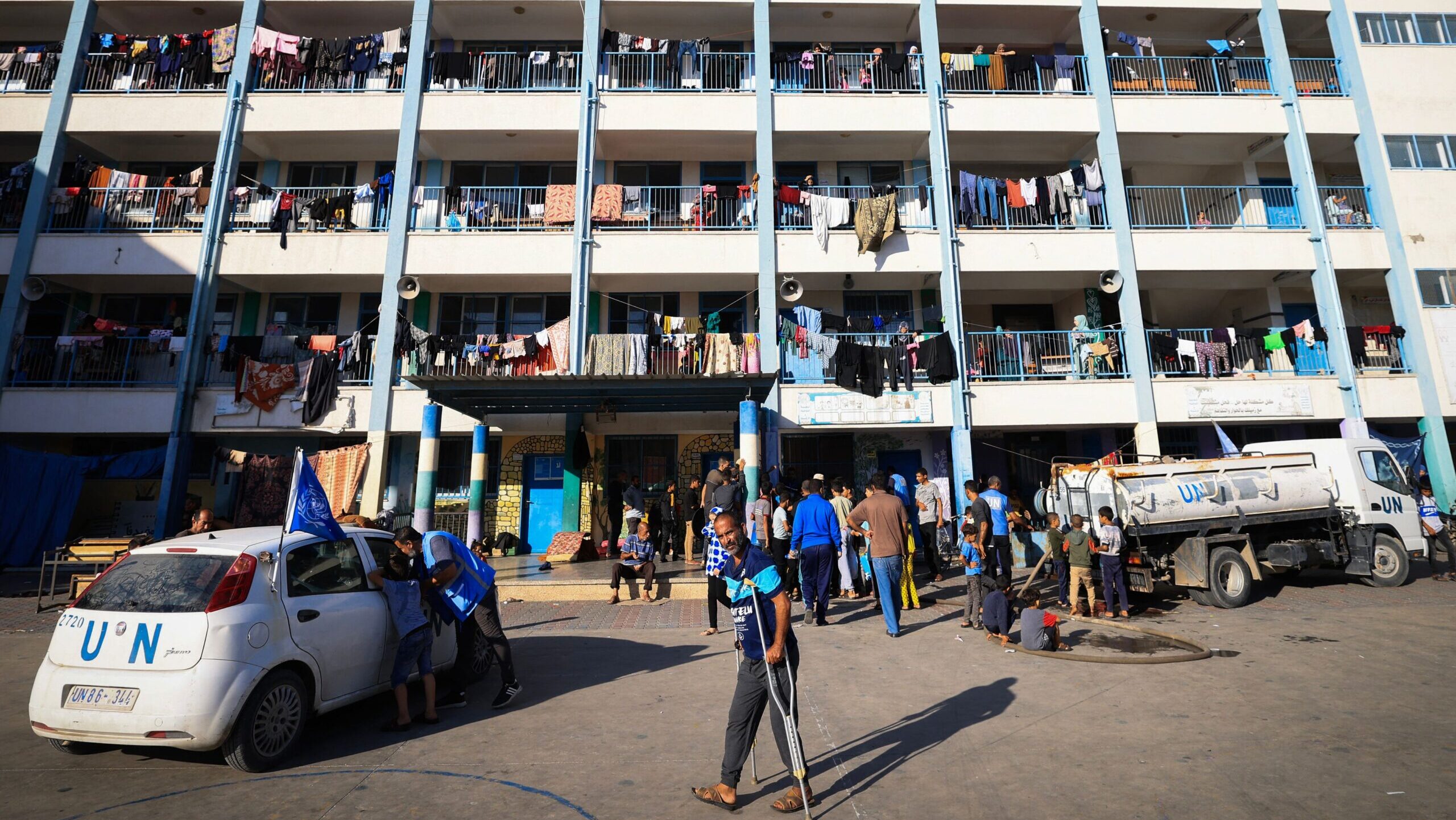UNRWA’s Future in Question Following Major Funding Withdrawals
In her report for The Media Line, Keren Setton delves into the complex dynamics surrounding UNRWA, the United Nations Relief and Works Agency. Established in 1949, this UN agency has been central to the lives of Palestinian refugees since Israel’s founding. With a unique mandate covering approximately 5.9 million Palestinians, UNRWA operates independently from the UN High Commission for Refugees, a distinction rooted in the specific historical context of Palestinian displacement.
This holiday season, give to:
Truth and understanding
The Media Line's intrepid correspondents are in Israel, Gaza, Lebanon, Syria and Pakistan providing first-person reporting.
They all said they cover it.
We see it.
We report with just one agenda: the truth.


The recent decision by nine countries to halt funding to UNRWA, following allegations of employee involvement in a Hamas attack against Israel, has ignited controversy. Setton’s article explores various perspectives on this issue. Dr. Einat Wilf, a former member of Israel’s parliament, critiques UNRWA as perpetuating Palestinian refugee status, viewing it as antithetical to Israel’s legitimacy. On the other hand, Palestinian analyst Nihad Abu Gosh sees UNRWA as a lifeline, essential for asserting Palestinian rights, including the contentious right of return.
UNRWA’s role has been multifaceted: It’s been seen as both a stabilizing force and a point of contention in Israel-Palestine relations. Israeli criticism of UNRWA’s educational content and the agency’s alleged complicity with Hamas contrast with its vital humanitarian role in Gaza. This nuanced report by Setton captures the complexities of UNRWA’s role in the ongoing conflict. Read the full story on The Media Line’s website to understand the depth of these issues.

